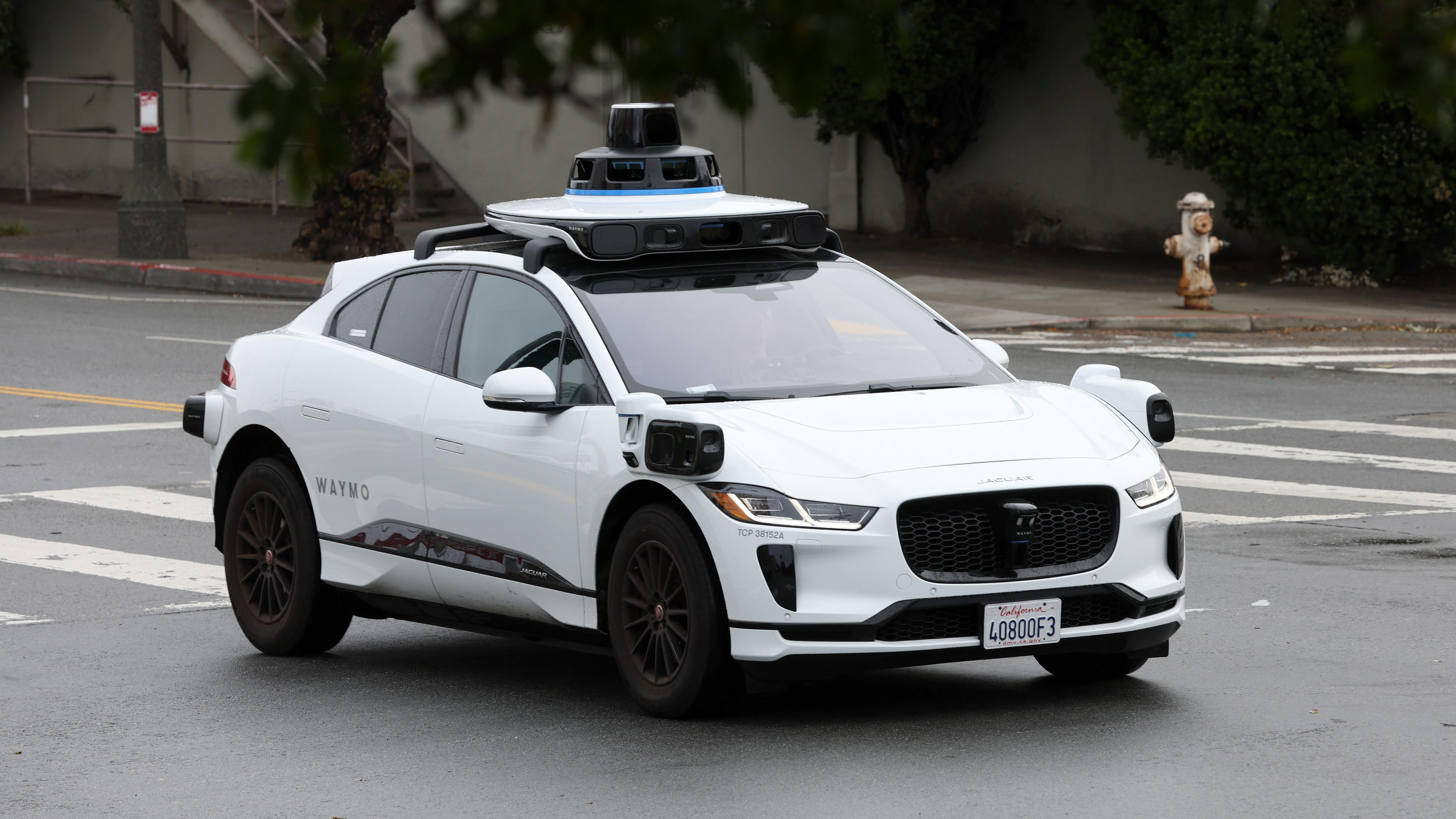Driverless Cars Can Break The Law But Won't Be Ticketed In California
Traffic tickets and hefty fines keep most drivers in check — but what about the cars that don't have drivers?
Autonomous cars have been hitting public roads in a handful of cities around the United States, but the driverless phenomenon has raised one particularly perplexing question: How do we keep those driverless cars in check when they break traffic laws? NBC really delved into the matter this week.
For the humans on the road, the threat of traffic tickets and hefty fines are generally enough to keep us in check when it comes to being law-abiding citizens. We'll follow speed limits, avoid illegal U-turns, stop at red lights, and generally not cause chaos because we know we'll get dinged for our bad behavior, and no one really wants to pay a big fine or be otherwise punished. We're humans; the consequences of our actions will reverberate through the rest of our lives.
But driverless cars don't have the same qualms, and an NBC investigation revealed that even the companies that own and run the cars can't be fined in California. Even in other states like Texas, cops can levy fines against a company like Cruise — but a piddling payment won't deter a massive corporation the same way it will a human.
Michael Stevenson, an attorney in California who represents car accident victims, noted in the NBC investigation that an entirely new set of rules and laws will need to come into play if we're going to stick these autonomous vehicles on the roads, since many traffic laws have been written with the intention of punishing a human driver who has directly contravened the rules.
Of course, a spokesperson from Google's Waymo had a slightly different perspective. Chris Ludwick, product manger at Waymo, appeared on the NBC investigation.
"While there have been examples pointed out where driverless cars still need to improve, when we make an improvement once, that's fixed in our system, and our whole fleet gets better," he said. "So the technology is only getting better from here."
And while that is technically true, it doesn't take into account concerns like safety or public trust — things that may be violated in the company's process to improve.
You can check out the full NBC clip to learn more about the safety concerns and big questions this raises.
